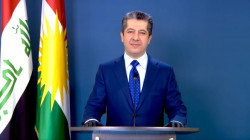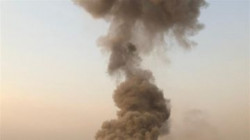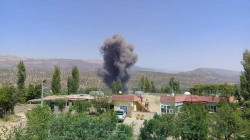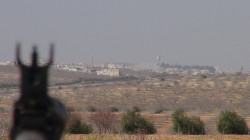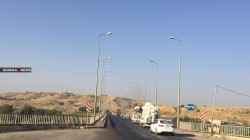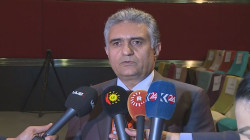Fragile democracy in war-scarred Sinjar: local elections under tight security
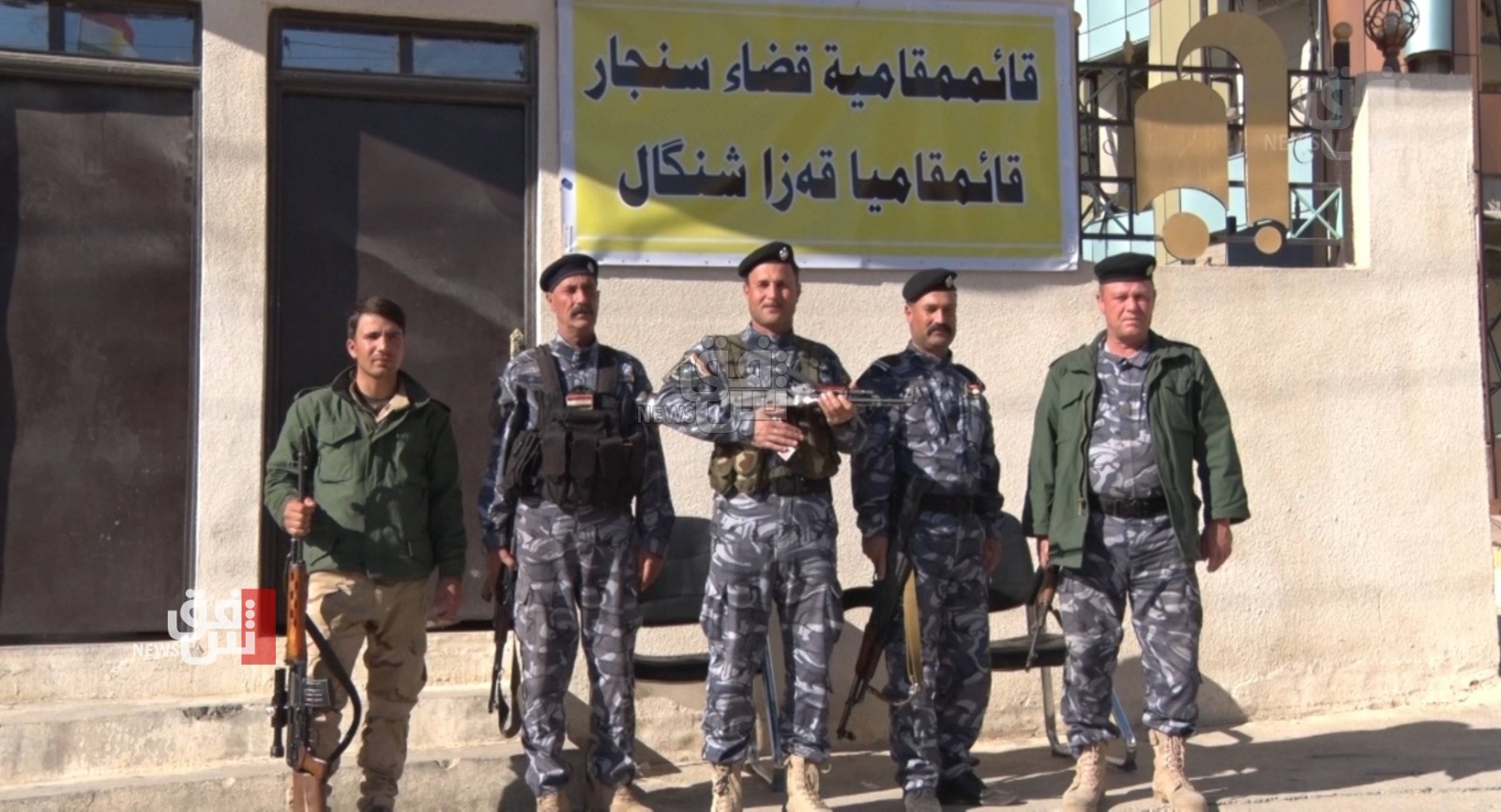
Shafaq News/ An air of cautious optimism hangs over the embattled Yazidi city of Sinjar as it prepares for tomorrow's local elections.
With logistical and security preparations deemed complete, over 100,000 voters, including 13,000 displaced individuals granted special access, are anticipated to cast their ballots in a vote seen as a crucial test for the district's fragile democracy.
The city bears the scars of its recent past. Liberated from ISIS in 2017, Sinjar now grapples with the aftermath of war, with political rivalries and lingering security concerns threatening to overshadow the democratic process.
"The commission has completed preparations for tomorrow's vote," assured Khadidja Jowqi, the director of Sunouni sub-district, "all security measures are in place to protect polling stations and ensure fair participation."
Despite the meticulously planned logistics, anxieties still linger. Jalal Kholo, director of the Sinjar district administration, acknowledged the elevated tensions. "The current political climate, unfortunately, fosters divisions amongst various parties, adding a layer of complexity to this already sensitive election."
The official said that 78 polling centers were established for tomorrow's vote.
Sinjar is a Yazidi-majority town in Iraq's northern Nineveh governorate that suffered heavily during the Islamic State of Iraq and al-Sham (ISIS) onslaught in 2014, leading to genocide and other systematic abuses against its communities.
With ISIS no longer a major threat, political disorder, and security skirmishes continue to impede the recovery of the war-scarred community.
Sinjar is considered one of fourteen disputed territories claimed by both Baghdad and Erbil, which is defined by the rivalry between government and territory control. Additionally, as Sinjar shares borders with Syria's al-Hasakah province to the northwest and Turkey's Silopi province to the northeast, it remains in a regional quandary.
Under the auspices of the United Nations Assistance Mission for Iraq (UNAMI), the federal government in Baghdad and the Kurdistan Regional Government (KRG) signed on October 29, 2020, a security and stability agreement for the district of Sinjar, aiming for reconciliation.
In terms of security, the agreement calls for the deportation of all armed groups and the appointment of 2,500 local security forces to Sinjar. However, the call for local police to re-control the area remains vital—absent implementation. The agreement also mentions the withdrawal of the Kurdistan Workers Party from the Sinjar district. The PKK moved to Sinjar with the advantage of a security vacuum in 2014 as the ISIS attacks ensued. Soon after the establishment of the Sinjar Resistance Units (YBS), a political wing was founded under the Sinjar Democratic Autonomous Council and Yazidi Freedom and Democracy Party. With the PKK’s integration and the recruitment of Yazidis to the YBS to help with the area’s security, it created further obstacles to the group’s departure.
However, despite the repeated calls from the KRG, the agreement introduced to the public with minimal consultation for the local community remains with stalled with a little appetite for implantation.
